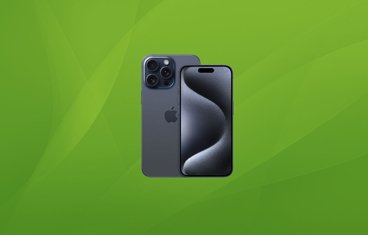Six ways iPhone 11 Pro bests the Galaxy S20+ — and five ways it doesn't
Samsung's latest crop of smartphones boasts a wide array of headline-grabbing features. Apple is already able to match some with its own half-year-old iPhone 11 line, while others may have to wait a while before they show up in Apple's ecosystem.
Each camp has benefits to espouse, so we are wading through the marketing jargon to highlight six ways the iPhone beats the Galaxy S20+ and five ways it doesn't.
For this comparison, we are primarily looking at the iPhone 11 Pro and the Galaxy S20+ — though there are minor differences between different models of each lineup. iPhone 11 Pro is near identical to iPhone 11 Pro Max, other than the size of the display. The Galaxy S20 range encompasses the S20, S20+, and S20 Ultra with the S20 and S20+ being most similar.
So while we are focusing on just two devices, many of the comparisons are apt across the lines. Let's jump into it.
How the Galaxy S20+ beats the iPhone 11 Pro
Kicking things off with a feature we will undoubtedly see soon on the iPhone side — 5G. The switch to 5G is inevitable and is the heir to the 4G LTE throne. As carriers continue to roll out their new 5G networks, Samsung was one of the early few to launch 5G capable devices.
Apple is waiting for the networks to be more robust, so while the iPhone 11 Pro doesn't support 5G, it shouldn't be much longer before a new iPhone does.
The Galaxy S20+ also beats out the iPhone line with its impressive 64MP tele lens. All three of the iPhone 11 Pro's cameras are 12MP — including the tele. Thanks to that 64MP, users can zoom in up to 30X, or three times what the iPhone can handle.
Apple endowed the iPhone 11 Pro with its best-ever Super Retina XDR Display. Where the Galaxy's OLED displays wins out though, is with pixel density. iPhone 11 Pro measures up as 2436 by 1125 and the iPhone 11 Pro Max is 2688 by 1242, each clocking in at 458PPI. The Galaxy S20+ sizes up as 1440 by 3200 which yields a pixel density of 458PPI.
Rumors preceding the iPhone 11 Pro launches were relentless, and if they were to be believed, Apple was likely to implement its version of this killer feature — bilateral wireless charging. This allows you to charge any Qi device right on the back of the Galaxy S20+.
We can see this being incredibly useful and count us among the masses that were dismayed when Apple seemingly canceled its plans for wireless powersharing at the last minute.
Finally, the last significant way that the Galaxy S20+ conquers the iPhone 11 Pro is with 8K video recording. With 8K video, you can even save massive 33MP stills. It is limited to the tele lens, but that is still far above the 4K cap found on iPhones.
How the iPhone 11 Pro wins against the Galaxy S20+
That leads us to the iPhone's perks.
Each phone is equipped with facial recognition for biometric authentication, but there is a drastic difference between the two. iPhone 11 Pro is relying on Face ID which uses the TrueDepth camera system to capture a 3D map of your face. Not only is it far more accurate than the 2D image matching of the Galaxy S20+, but it is more secure than any phone's fingerprint sensor as well.
Apple also has set the iPhone 11 Pro up with dual SIM cards. One card is a virtual eSIM and the other a physical SIM. You can activate the eSIM at any time, even using apps in the App Store. This is a blessing for frequent travelers or those that want their work and personal lines on the same phone.
Samsung may have the edge with the 48MP tele camera, but the iPhone handily wins when it comes to night mode. Both models offer some form of low-light photography. There is a handheld mode that limits the exposure time to compensate for the subtle movements in your hand. Then when placed on a tripod, the shutter speed is increased further to up to 30 seconds for some genuinely incredible night shots.
In our tests, both handheld and on a tripod, the iPhone created substantially better images than the S20+.
Also relating to cameras is the TrueDepth camera system we mentioned above. It is used for Face ID as well as taking selfies. We prefer the looks of the iPhone's Portrait mode here compared to the Live Focus mode of the Galaxy, but the real difference is with the resolution. iPhone has a 12MP front-facing camera, and the Galaxy S20+ only sports a 10MP sensor.
Baked into the iPhone 11 Pro is an all-new piece of silicon. That's the new U1 Ultra Wideband chip. The new UWB U1 is great for precise location tracking of devices nearby. At the moment, Apple is using the U1 for assisting AirDrop transfers. As you move the iPhone around, it will identify nearby recipient devices and prioritize them in the list based on which phone you are facing.
Soon, we may see the U1 chip utilized for Apple's AirTag device trackers which should be far more accurate than generic Bluetooth trackers.
On top of creating its U1 chip, Apple also designs its processors in the iPhone. The iPhone 11 Pro has the A13 Bionic processor compared to the brand new Galaxy S20+, which has the Qualcomm Sm8250 Snapdragon 865 chip.
The A13 Bionic is a six-core processor, whereas the Snapdragon 865 is an eight-core design. Yet, Apple's iPhone 11 Pro easily beats out the Galaxy S20+ when it comes down to performance. In a Geekbench 5.1 test, the iPhone 11 Pro earned a 1341 single-core and a 3525 multi-core score. Samsung's Galaxy S20+ earned a paltry 920 and 3265 single and multi-core, respectively.
A close race
Everyone is going to have their preference when it comes to phones, often it isn't even about the specific feature, and the ecosystem one prefers.
Speaking of the ecosystems, that too is one way that Apple has a large advantage. The iPhone 11 Pro works seamlessly with Apple Watch, iPad, AirPods, Apple TV, and Mac. This built-in ecosystem is something Samsung can never match.
Deals on the Samsung S20 Plus 5G & iPhone 11 Pro
There are plenty of deals available on both the Samsung Galaxy S20+ 5G and the iPhone 11 Pro and iPhone 11 Pro Max.
Samsung itself is offering shoppers aggressive trade-in values of up to $700 for Apple iPhone models.
Shoppers can also order the new S20+ from B&H with free expedited shipping, or grab free Galaxy Buds and a Duo Pad at Amazon.
Those looking to pick up an iPhone 11 Pro or Pro Max can also find a variety of deals on the latest iPhones from leading wireless carriers starting at $0 per month with a qualifying trade.
 Andrew O'Hara
Andrew O'Hara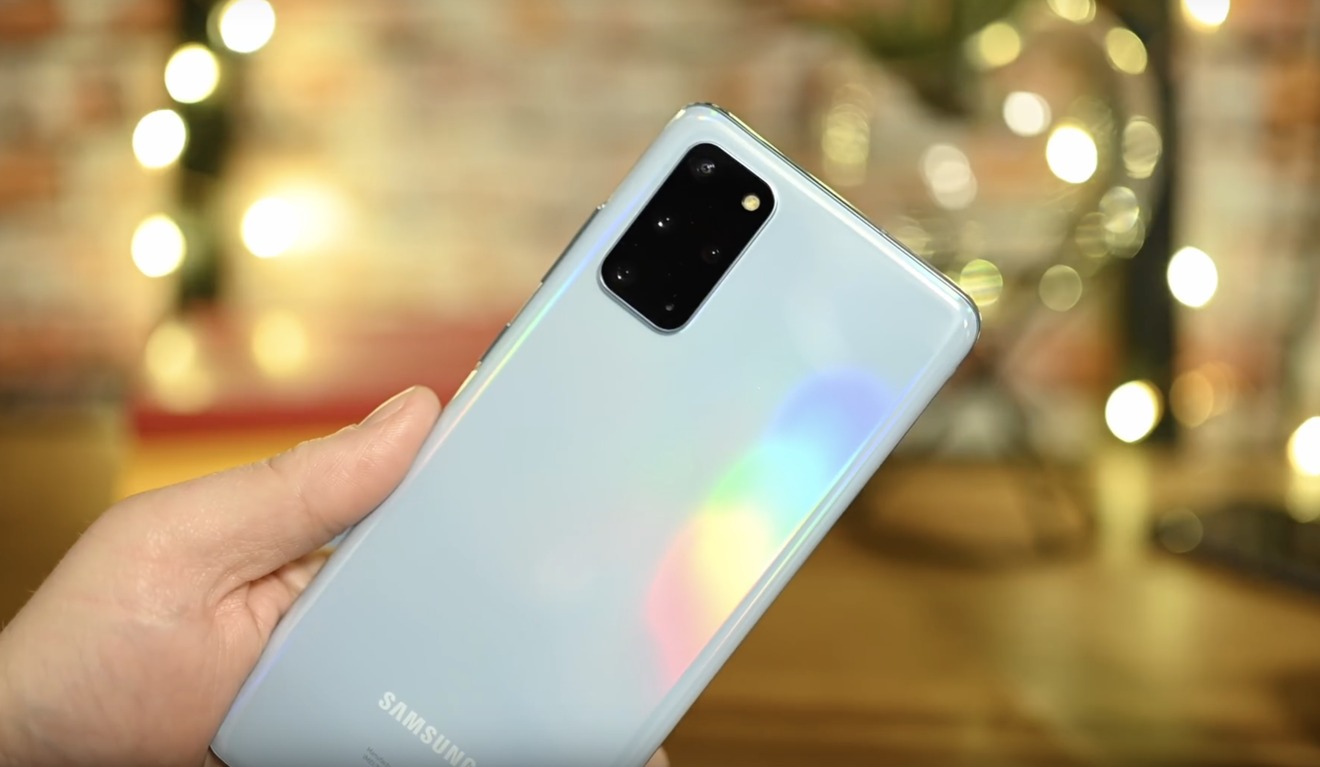
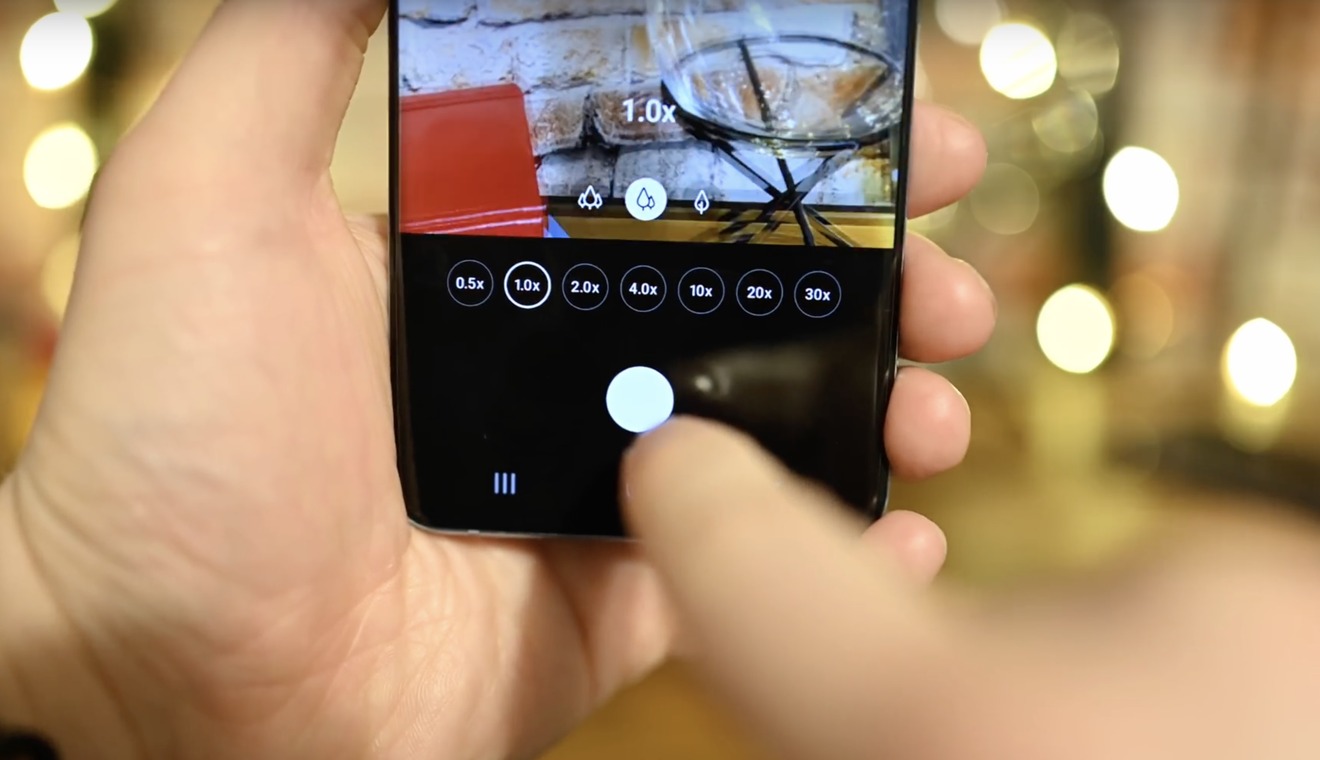
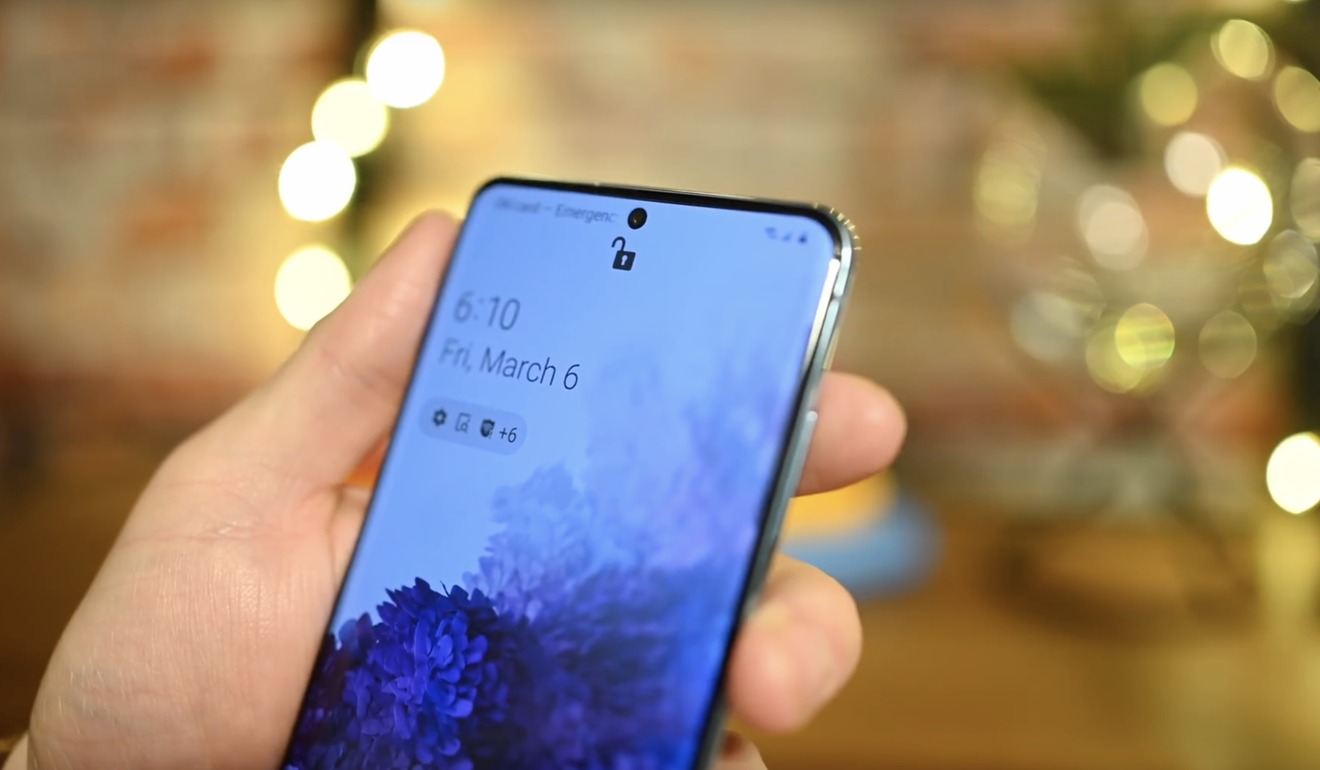
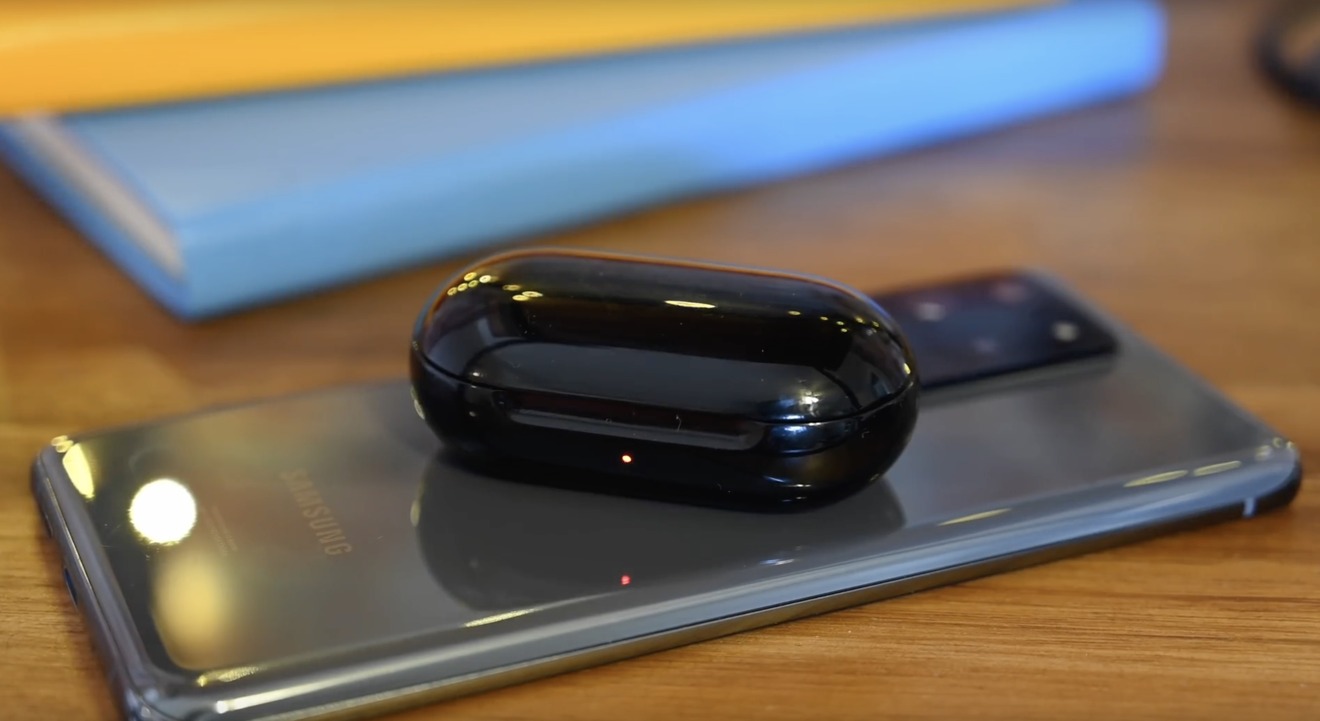
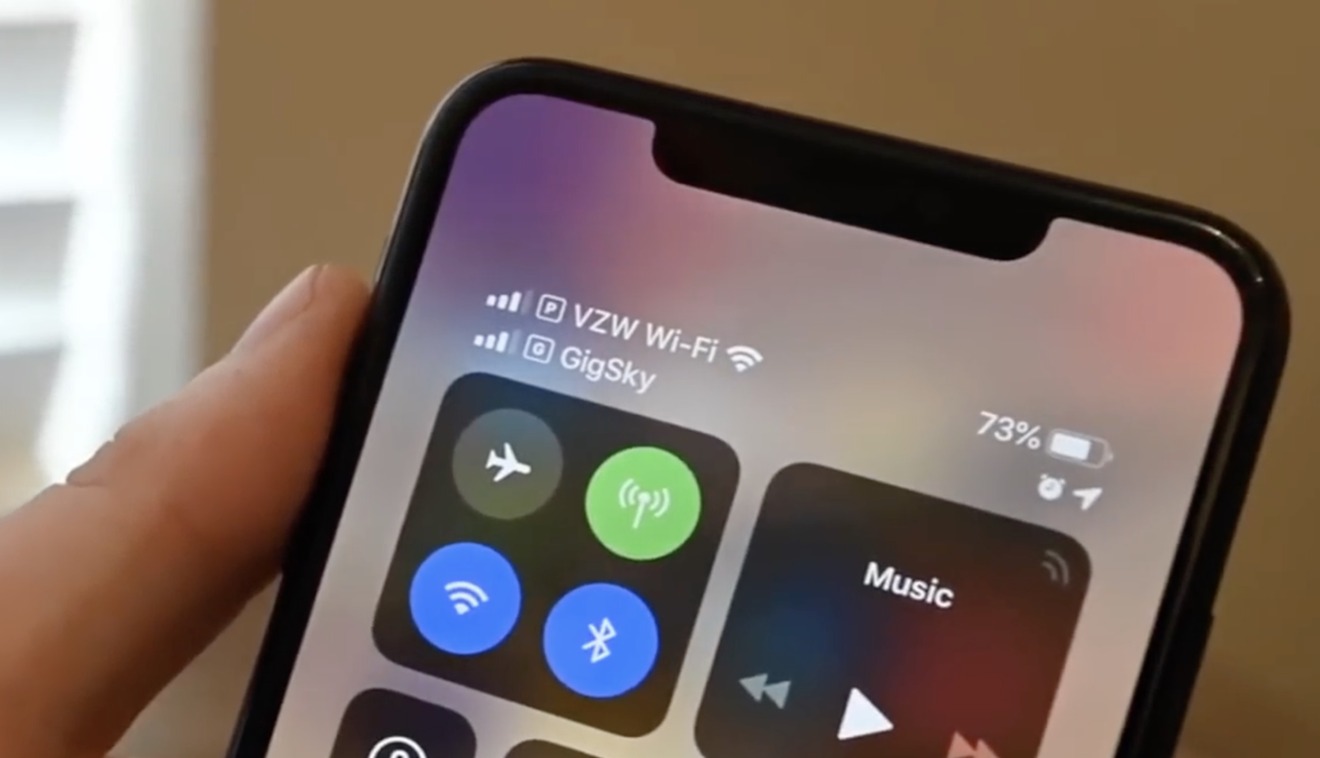

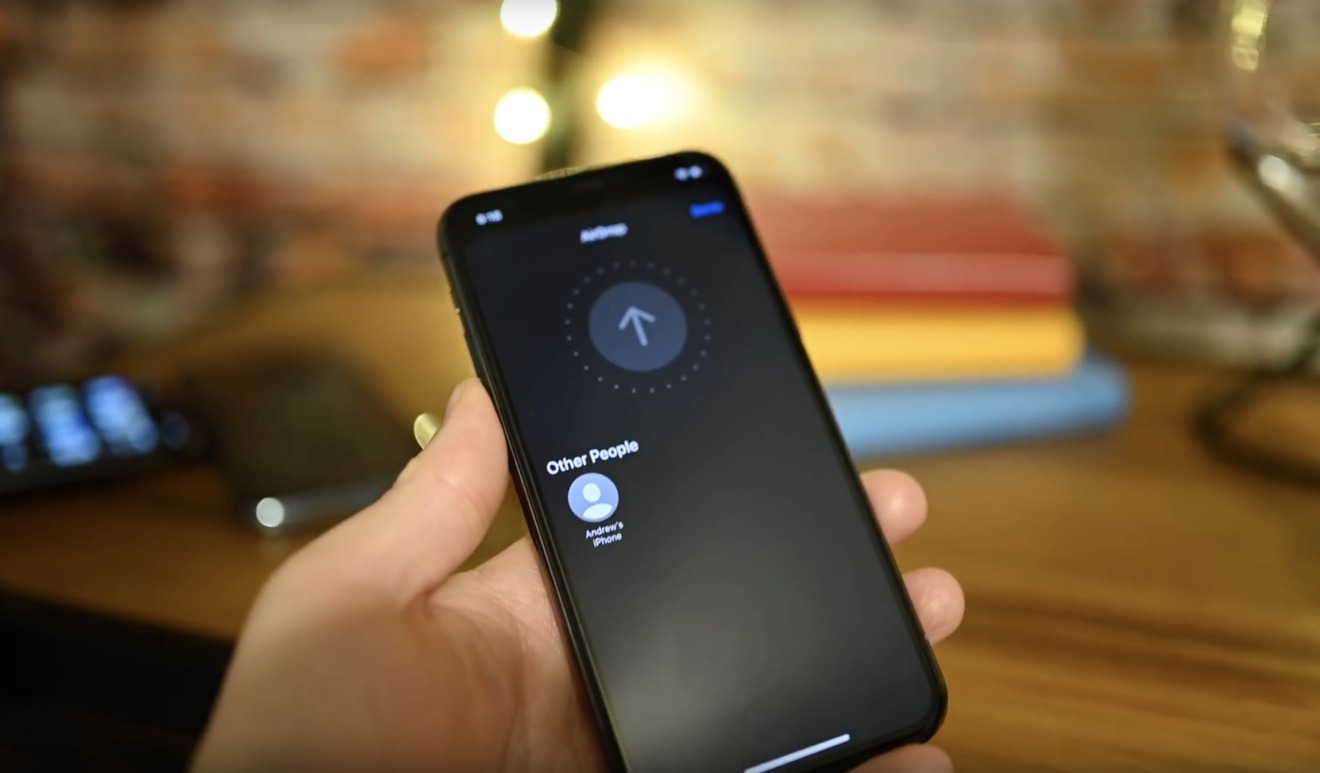
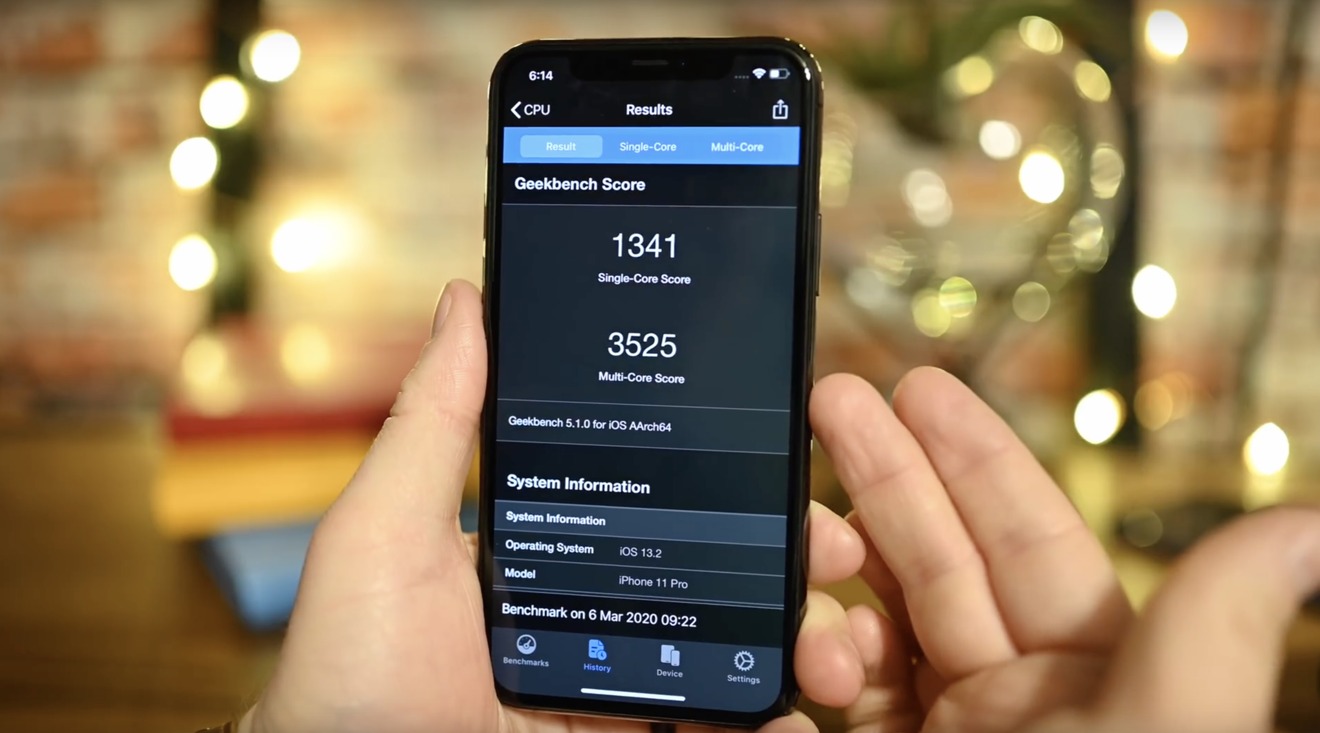
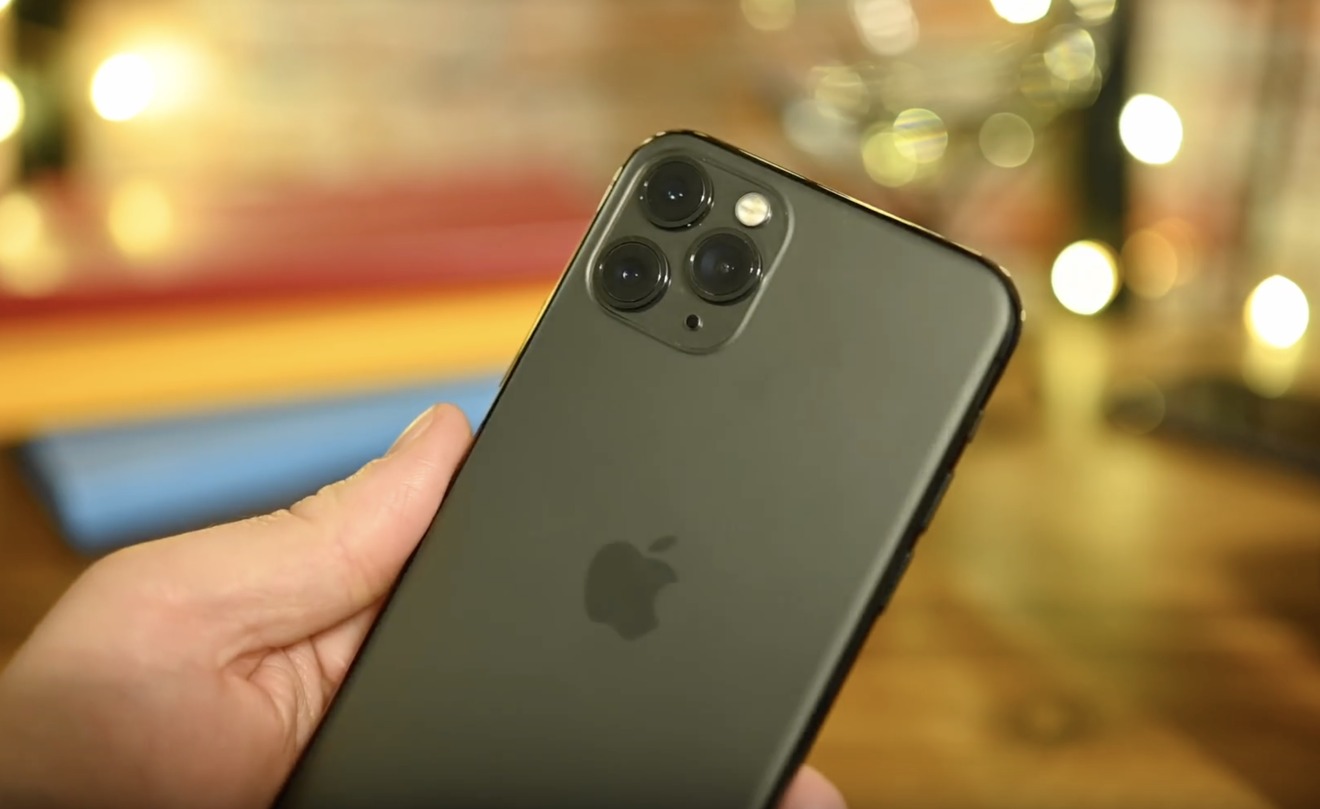











 Chip Loder
Chip Loder
 Andrew Orr
Andrew Orr
 Marko Zivkovic
Marko Zivkovic
 David Schloss
David Schloss

 Malcolm Owen
Malcolm Owen

 William Gallagher
William Gallagher